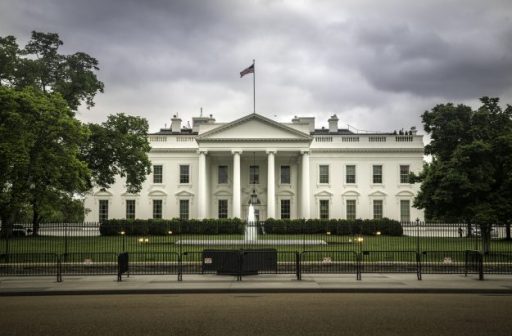States battle to build Boeing’s next-generation aircraft

State governments from across the country are rolling out the red carpet for Boeing as the company decides where it will build its next-generation commercial aircraft — the 777X.
Construction of the aircraft, the company’s first plane targeted for the 2020s, is expected to bring with it 56,000 jobs and $20 billion in economic activity over the next several decades, meaning a windfall for the state that secures its contract.
Washington State appeared to have a deal in last place as the state legislature — at the urging of Gov. Jay Inslee — passed an economic package that included $8.7 billion in tax breaks for Boeing through 2040.
The deal is believed to have the backing of the International Association of Machinists & Aerospace Workers, but when brought to a vote of its members last month, the association strongly turned down the contract causing Boeing to now look for other locations.
In a statement on the IAM decision, Boeing Commercial President and CEO Ray Conner said the company is “very disappointed in the outcome of the union vote. Our goal was two-fold: to enable the 777X and its new composite wing to be produced in Puget Sound and to create a competitive structure to ensure that we continue market-leading pay, health care and retirement benefits while preserving jobs and our industrial base here in the region. But without the terms of this contract extension, we’re left with no choice but to open the process competitively and pursue all options for the 777X.”
Some of those options appear to come with plenty of benefits for Boeing:
Missouri Gov. Jay Nixon pushed his state assembly to put forward legislation to provide additional capacity of up to $150 million annually for large-scale aerospace projects under four of Missouri’s performance-based economic development programs: Missouri Works, Missouri Works Training, Missouri BUILD, and the Real Property Tax Increment Allocation Redevelopment Act.
The total amount of benefits Boeing could earn would be based on the number of new jobs created and the wages of those jobs, the amount of new capital investment, and the cost of training workers to build this next-generation aircraft.
“Here in Missouri, building things is in our blood and this historic agreement demonstrates that when it comes to competing for game-changing economic development projects like the Boeing 777X, Missouri’s skilled workforce is one of the best advantages we have,” Nixon said.
Missouri and Alabama have publicly stated their want for the project while other states — including South Carolina, California, Utah, Texas and New York — are believed to be bidders as well. State responses to Boeing are due by Dec. 10, with a decision expected by mid-January.
Washington State is still trying for its part as well. Washington Gov. Jay Inslee, a Democrat, is talking to the machinists union and Boeing to try to bring the parties back together to see if a deal can be still worked out.
The 777X will be the largest and most-efficient twin-engine jet in the world when released, according to Boeing, with 12 percent lower fuel consumption and 10 percent lower operating costs than the competition.





